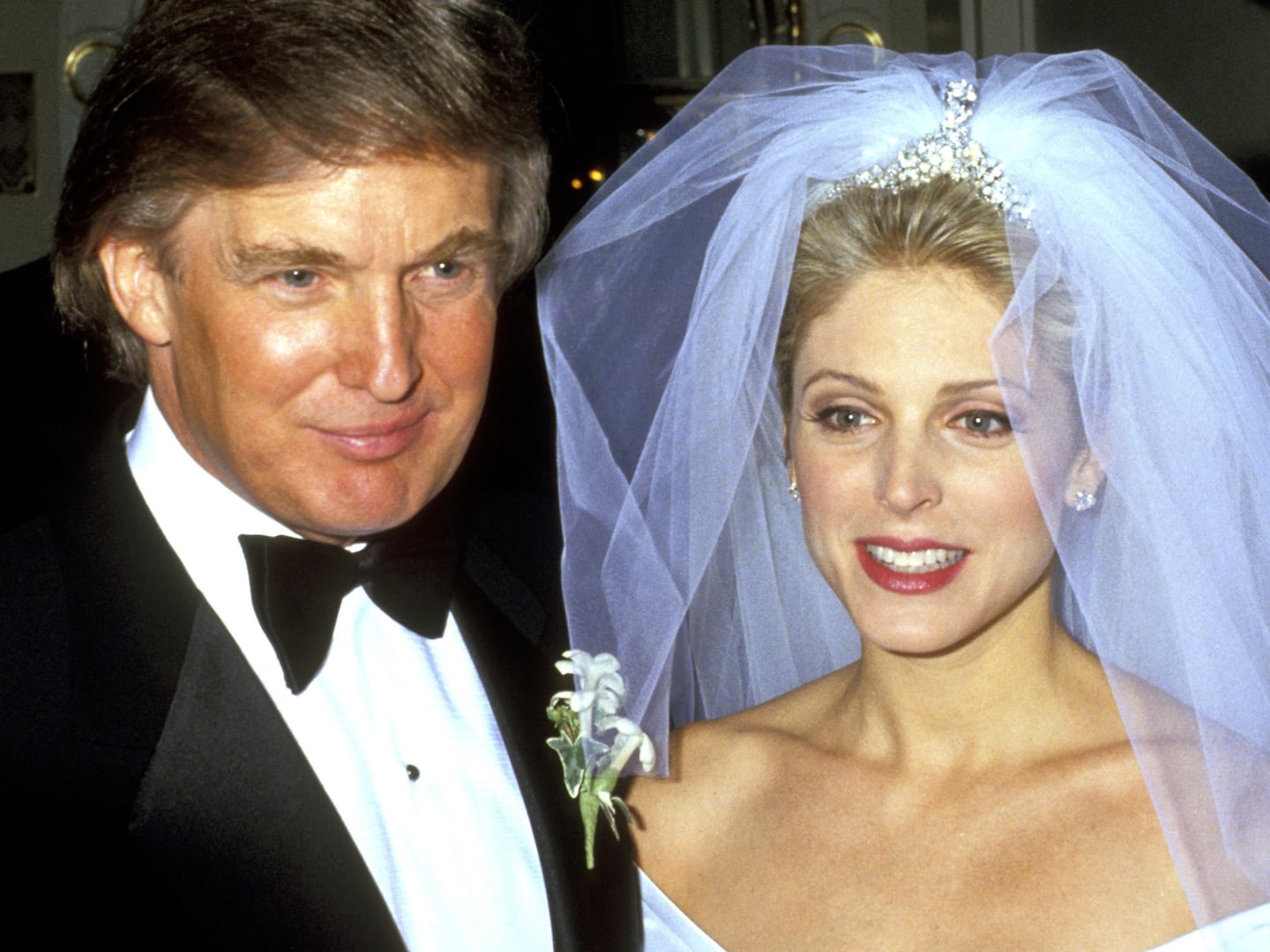Documents from recent deals that brought four new pandas to the United States reveal just how intricate and secretive the exchanges with China can be, reported The New York Times.
The documents, when compared with past panda contracts, reportedly reveal how American zoo administrators are handing over authority to China’s state-run Wildlife Conservation Association just to get their hands on the black and white bears.
Officials for San Diego and Washington DC zoos said they are limited in what they can tell the press. Discussing panda illness, death, or “any other important matters” is prohibited without the approval of the Chinese authorities.
While the San Diego Zoo told NYT that discussing animal well-being before publicly sharing updates was common practice, past agreements did not have similar “information management” rules.
Zoo administrators are also banned from talking about money, despite it costing an estimated $1.1 million annually to rent panda pairs from China. The China Wildlife Conservation Association said that “commercial terms such as ‘lease,’ ‘rental,’ ‘loan agreement’ or ‘contract’ shall not be used,” when discussing the animal exchange at the Smithsonian National Zoo specifically. Instead, the deal should be referred to as a “cooperative research and breeding agreement.”
Aside from the rental fee, zoo administrator’s must also regularly pay for Chinese panda experts to travel to the US and advise on the animals.
The Chinese contracts include what a zoo can say, and what they can show guests and panda fans. Following the death of a panda at the Memphis Zoo, whose deterioration was broadcast in real time on the zoo’s live video feed, the panda agreements now include restrictions on “panda cams.”
At the San Diego Zoo, panda lovers will only have access to a daytime feed, and the video from said feed must first be “reviewed, edited when necessary, and approved” before going live. While the National Zoo’s contract is less strict, the D.C. zoo’s footage will also be shown on a delay.
Should either zoo break the rules, the China Wildlife Conservation Association reserves the right to terminate the contract and recall pandas to China.







